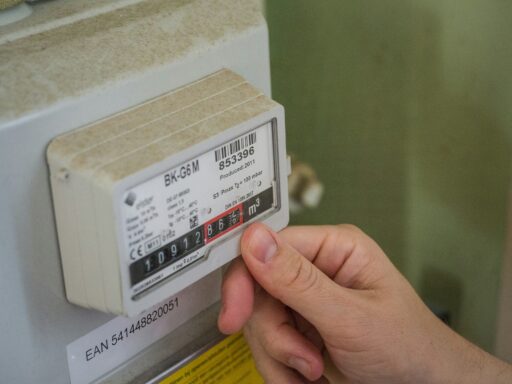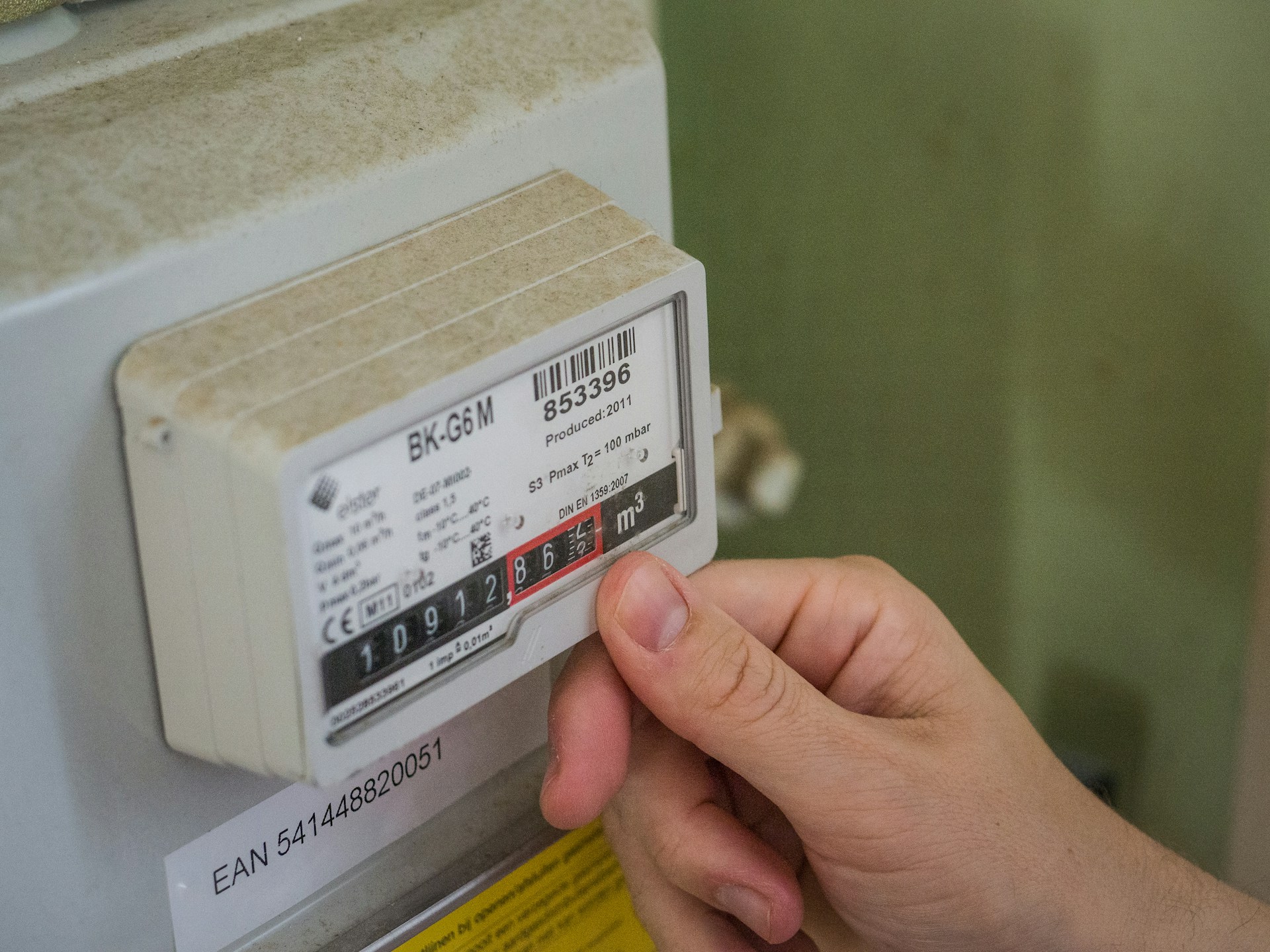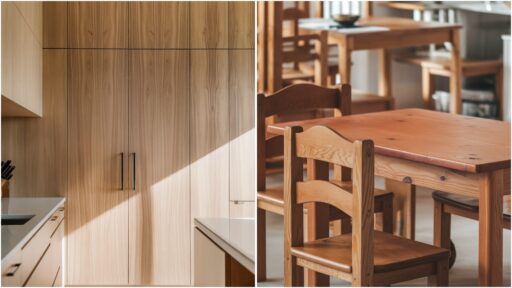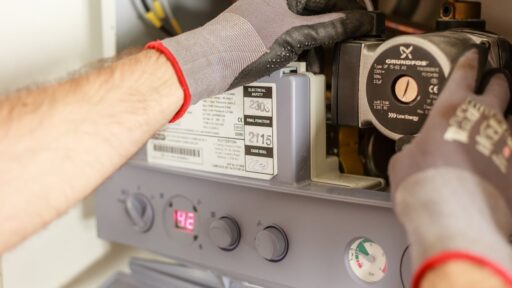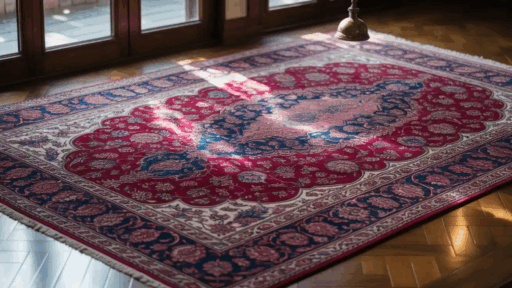Electricity costs make up a considerable percentage of a household’s overall expenses – and this is all the more true during summers, especially during the unbearable dog days. In 2024, and especially during the record-breaking summer heat of 2023, global electricity demand surged sharply, driven by increased air conditioning use. Electricity consumption rose by nearly 1,100 TWh, more than double the typical annual increase recorded over the past decade. The International Energy Agency (IEA) reported a 2.2% rise in total energy demand for 2024 globally, way more than the 1.3% average registered over the previous decade. Always read your EFL so you understand how your energy bill is calculated.
All these statistics reveal an uncomfortable truth – that of liabilities eating up significant chunks of households’ pockets. Even worse, the more electricity is used, the harsher the impact on the environment becomes. And while getting roasted alive should never be an option, it’s deeply justifiable why you’d look to cut own on your household’s energy consumption, especially when you’re feeling like a decent amount of power is consumed uselessly. And let us tell you that if you’ve ever wondered if some energy is leaking, you were most likely right. Let’s discover how to reduce your electricity bills and stay cool during peak summer months with simple, effective strategies to lower energy consumption – all without sacrificing comfort.
What Are Your Energy Leaks?
Before anything else, energy leaks are common, and identifying them can help you reduce your energy bills. While you shouldn’t think of massive savings, the charges that add and silently drive up your monthly bill are probably something you’d gladly kiss goodbye. Cooling systems are generally the most energy-intensive systems during the warmer months. Air conditioning, for instance, can account for over 50% of total electricity use during the summer. But it’s not just the AC – appliances that sit idle on standby, inefficient lighting, and even outdated freezers and fridges can inflate your bill.
A good first step in addressing these leaks is to conduct a thorough home inspection. Identify which appliances are always left plugged in and which ones are outdated. The insulation system is another critical area, so is yours working accordingly? If not, then your home might lose cool air and force your HVAC system to work harder and consume more energy to decrease heat. This leads to higher energy bills and fluctuating indoor temperatures, which reduce your household’s overall comfort. To test yours, you can carry out a home energy audit with a team of professionals and can identify exactly where heat is escaping or entering.
As you’ll see, understanding what drains your energy is a good starting point for planning smarter and more effective solutions.
Take On New Cooling Habits
ACs are vital during periods of intense heat, but many households use them inefficiently. Entering a loop where you set the system to an absurdly low temperature only to cool the place rapidly and then turn off the system while heat rises is one of the biggest mistakes to avoid. You’re not cooling your home faster, but just consuming more energy uselessly. Experts recommend setting the AC to around 24–26°C during the day and turning it off, then opening the windows when the outside air is cooler. Keep it on during the unbearably hot nights, too, instead of switching it on and off constantly. Check your AC unit’s condition, as issues with refrigerant or dirty filters may cause your system to work harder than necessary.
Fans can also be a powerful ally; ceiling fans, for example, use just a fraction of the energy of air conditioners but help circulate air efficiently, making a room feel several degrees cooler.
Use Appliances Strategically
Another smart way to reduce your energy bills is to upgrade your appliance usage, especially if you have time-of-use rates. Using your dishwasher, washing machine, or dryer at night or early in the morning can significantly reduce your costs. Avoid using heat-generating appliances like ovens during the day, as they warm your space and cause your cooling system to work harder. Instead, opt for cold meals, BBQs, or even air fryers, as they don’t emanate that much heat and don’t strain the HVAC system, thus keeping bills in check.
Similarly, unplug electronics when not in use. Chargers, coffee machines, and entertainment systems often continue to consume energy even when turned off, a phenomenon known as “phantom load” or “vampire power.” You’d be surprised how much these invisible drains can add up by the end of the summer.
Upgrade Your Lighting
While lighting may seem to hold the least weight in terms of energy use, it actually plays a bigger role than many households may assume. Old incandescent bulbs, for instance, emit more heat and consume more energy than solutions like LEDs, which don’t emit heat and cut down lighting-related energy by 50%, if not more. Plus, these also last much longer.
You can also install dimmers or motion sensors to limit unnecessary usage and maintain a consistent level of light. This simple upgrade adds up over time while keeping your living spaces well-lit and efficient.
Know When To Allow Natural Light In
Favoring natural light over electrical light is a great idea – when it doesn’t heat up your room uselessly. Maximizing natural light during colder days can be a great option that will give your HVAC system some rest. However, on the rest of the days, you should only open the doors and raise the curtains when the temperature outside is lower.
Create New Long-Term Habits
You may see the best energy savings when your whole family is aware of the importance of conserving energy. Encourage your kids to turn the water off when they’re brushing their teeth and your husband to stop letting the water run in the sink when he’s not rinsing anything. Everyone can shut off unused lights, close doors to preserve cold, and so on.
Small daily behaviors, when practiced regularly, lead to significant long-term savings, both financially and environmentally.

